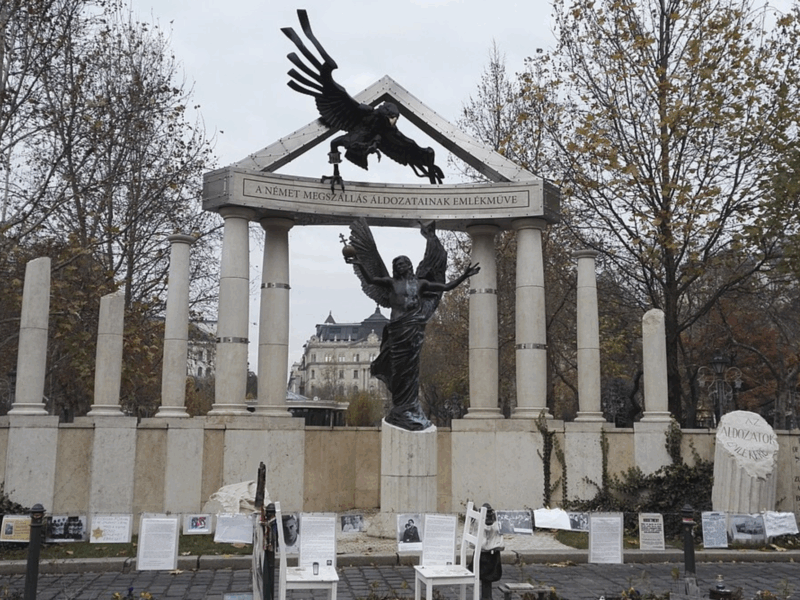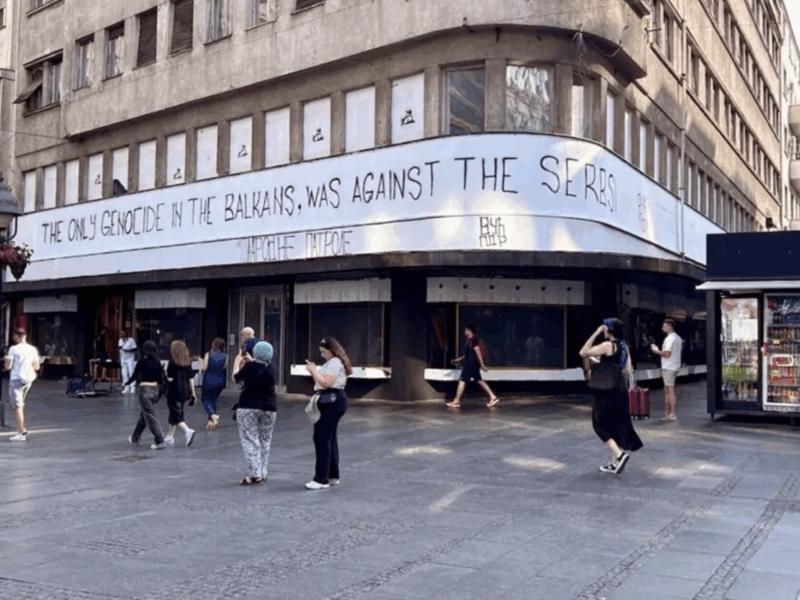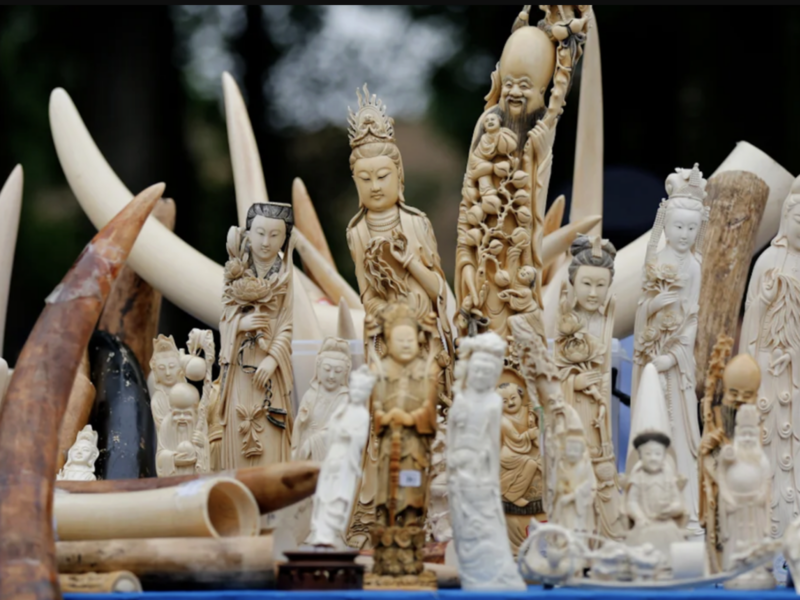Ivory has been used in art and jewelry for millennia, carved into elaborate figurines and jewelry items to adorn spaces or people. Ivory art’s beauty and difficulty to obtain has led to it being considered an exclusive and valuable luxury item. Elephant tusks have historically been the main source of
Kyra Martin-Spencer

Monuments function to memorialize historical events or figures, encourage certain values, and shape collective identity. But what happens when physical representations of the past do not fully reflect truth? The term ‘memory politics’ encapsulates the process through which a society develops its collective understanding of historical events. Memory politics studies

In 2024, a graffiti message appeared on the side of a building on the busy, touristy Knez Mihailova street in Belgrade, the capital city of the Balkan nation Serbia. The bolded spray paint, written in English, read, “The only genocide in the Balkans, was against the Serbs”. Seemingly in response

